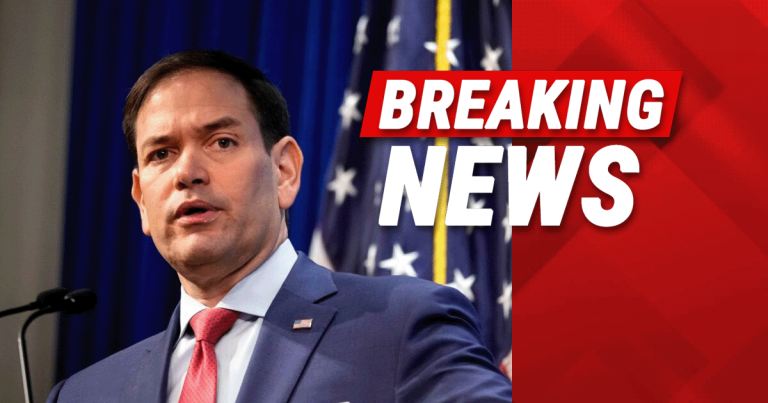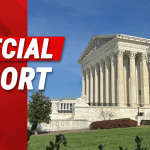
In the high-stakes chess game of international politics, alliances often prove as fragile as a house of cards when economic interests are threatened. As tensions escalate in the Middle East following President Trump’s decisive strikes on Iranian nuclear facilities this weekend, Tehran’s retaliatory threats have revealed just how quickly allegiances can shift.
Iran’s Parliament recently endorsed a provocative measure to close the Strait of Hormuz, a narrow waterway between Iran and Oman that serves as a critical choke point for global oil shipments. Approximately 20% of the world’s oil consumption flows through this maritime corridor daily.
For China, which has positioned itself as Iran’s staunch ally, the threat poses an acute dilemma. Chinese imports from Iran surpassed 1.8 million barrels per day last month, creating a dependency that the Trump administration was quick to recognize.
It was Secretary of State Marco Rubio who made the strategic move, directly challenging Beijing to rein in its ally during a Sunday interview on Fox News.
From ‘The Daily Wire’:
“I encourage the Chinese government in Beijing to call them [Iran] about that, because they heavily depend on the Straits of Hormuz for their oil,” Rubio answered. “If they do that, it will be another terrible mistake; it’s economic suicide for them if they do it. And we retain options to deal with that, but other countries should be looking at that as well.”
What happened next was remarkable. Within 24 hours of Rubio’s public challenge, China issued a warning to Iran. “The Persian Gulf and surrounding waters are critical trade routes and must remain stable and open,” Beijing declared, demonstrating that when pushed to choose between ideological alliance and economic self-interest, China predictably chose the latter.
Fracturing the Axis of Resistance
This diplomatic exchange represents far more than a footnote in ongoing tensions. It demonstrates a significant crack in the “axis of resistance” – the alliance between Iran, China, and Russia aimed at countering American influence.
The U.S. Energy Information Administration notes that 84% of crude oil moving through the Strait of Hormuz is destined for Asian markets, with China as a primary recipient. By forcing China to publicly break ranks with Iran, the Trump administration has effectively exploited this economic vulnerability.
America’s Strategic Advantage
The Chinese response confirms what many conservative commentators have long maintained – America’s adversaries ultimately respect strength and decisive action. When faced with Rubio’s challenge, China chose its economic interests over solidarity with Iran.
By driving this wedge between Iran and its most powerful ally, the Trump administration has demonstrated sophisticated diplomacy that achieves results. Rather than endless dialogue, this approach forces adversaries to reveal their true priorities.
As tensions continue to unfold following U.S. strikes on Iranian nuclear facilities, this episode serves as a reminder that America holds significant cards in the global game of influence. Under strong leadership, even our most dedicated adversaries can be compelled to act in ways that serve our strategic interests.
Key Takeaways
- Rubio’s strategic challenge forced China to choose economic interests over its alliance with Iran
- China imports 1.8 million barrels of Iranian oil daily, making the Strait of Hormuz closure a direct threat to Beijing
- Trump administration’s decisive action has exposed fractures in the Iran-China-Russia “axis of resistance”
- America’s energy independence provides unique leverage in forcing adversaries to reveal their true priorities
Sources: Daily Wire, The Hill


